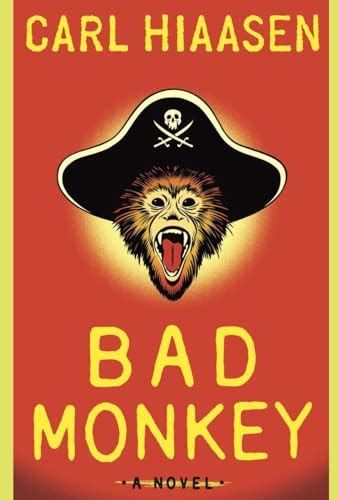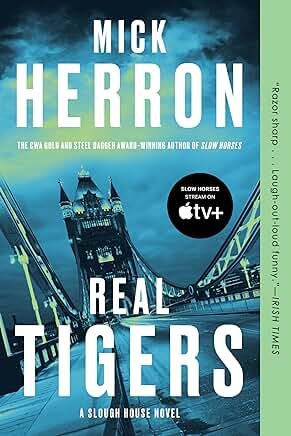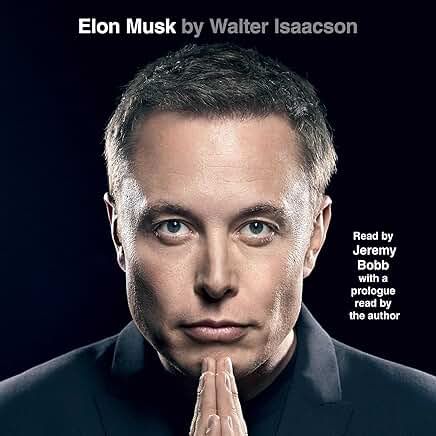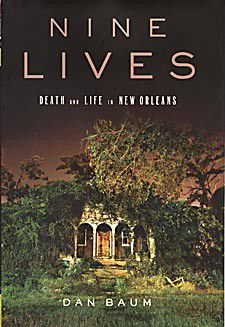What are you reading now?
-
@George-K What did you think of the book? I kind of like alternate history scenario type books.
@taiwan_girl like most of Reynolds stuff, it’s not a easy read, but the story is rich. I’m only about1/3 of the way thru.
Ir’s not really an “alternate history” so much as an “alternate world” story. A woman in the future is sent to investigate “E2” - Earth 2. E2 is set in Paris 1959 - that’s where the “alternate” stuff is. However, she and her fellow travelers are from E1 - the “real” earth. They don’t know if E2 is a parallel universe, a simulation, or what.
Engrossing. There are two stories at the same time, and they are just beginning to converge.
I love Reynolds stuff.
-
I’m in the beginning of Woodwards war. Right now on Putin and plans for Ukraine. Lots of people thought he was bluffing because the idea was too crazy. Little did they know.
-
Woodward book is fascinating. I’m going slow because I’m reading two other books concurrently. The WWII naval history (now on Leyte gulf) and a history of Assyria.
First half of Woodward was all Ukraine. Now it’s Middle East
-
Just finished Ta-Nehisi Coates’ The Message. I was inspired to pick it up when listening to Glenn Loury’s podcast where he had some positive things to say about it. He and John McWhorter argued about it a bit but John hadn’t read it so they tabled a discussion about it until he did so. Having heard that it’s short, and seeing that it’s on Spotify, I decided to listen to it in order to get more out of their debate (which is now released though I’ve not yet listened to it).
I’ll only make one point about it here, which is orthogonal to the message (no pun intended) of the book - Coates, who reads the audiobook, very consciously ‘axes’ his questions. Even in the past tense - “What’s the delay, he axed.” I’m guessing - no, I’m certain - that 20 years ago when he was getting his start at The Atlantic, he would have asked his questions instead.
-
@jon-nyc Yes I'm sure you're right that it's performative blackness. I once heard a black scientist say it that way in a meeting 10 years ago. I had a moment of sympathetic cringe, but maybe that makes me a racist. In his case I think it was an
askaccidental slip.@Axtremus what are your thoughts on this? Has anybody ever called you "Ask"? Did you karate chop them for it?
-
-
@jon-nyc Yes I'm sure you're right that it's performative blackness. I once heard a black scientist say it that way in a meeting 10 years ago. I had a moment of sympathetic cringe, but maybe that makes me a racist. In his case I think it was an
askaccidental slip.@Axtremus what are your thoughts on this? Has anybody ever called you "Ask"? Did you karate chop them for it?
@Horace said in What are you reading now?:
@jon-nyc Yes I'm sure you're right that it's performative blackness. I once heard a black scientist say it that way in a meeting 10 years ago. I had a moment of sympathetic cringe, but maybe that makes me a racist.
A guy I worked with 30 years ago slipped it out while giving a presentation to a room full of white businessmen. I could tell he was mortified. I remember it made me think of how he has to code-switch and the rest of us don’t. I think Coates has reached the point where he’s just not going to do that anymore.
-
-
@Horace said in What are you reading now?:
@jon-nyc Yes I'm sure you're right that it's performative blackness. I once heard a black scientist say it that way in a meeting 10 years ago. I had a moment of sympathetic cringe, but maybe that makes me a racist.
A guy I worked with 30 years ago slipped it out while giving a presentation to a room full of white businessmen. I could tell he was mortified. I remember it made me think of how he has to code-switch and the rest of us don’t. I think Coates has reached the point where he’s just not going to do that anymore.
@jon-nyc said in What are you reading now?:
@Horace said in What are you reading now?:
@jon-nyc Yes I'm sure you're right that it's performative blackness. I once heard a black scientist say it that way in a meeting 10 years ago. I had a moment of sympathetic cringe, but maybe that makes me a racist.
A guy I worked with 30 years ago slipped it out while giving a presentation to a room full of white businessmen. I could tell he was mortified. I remember it made me think of how he has to code-switch and the rest of us don’t. I think Coates has reached the point where he’s just not going to do that anymore.
Well, he's a standard bearer as a public intellectual whose blackness informs his every thought, so it's entirely on brand to present with typically black language.
-
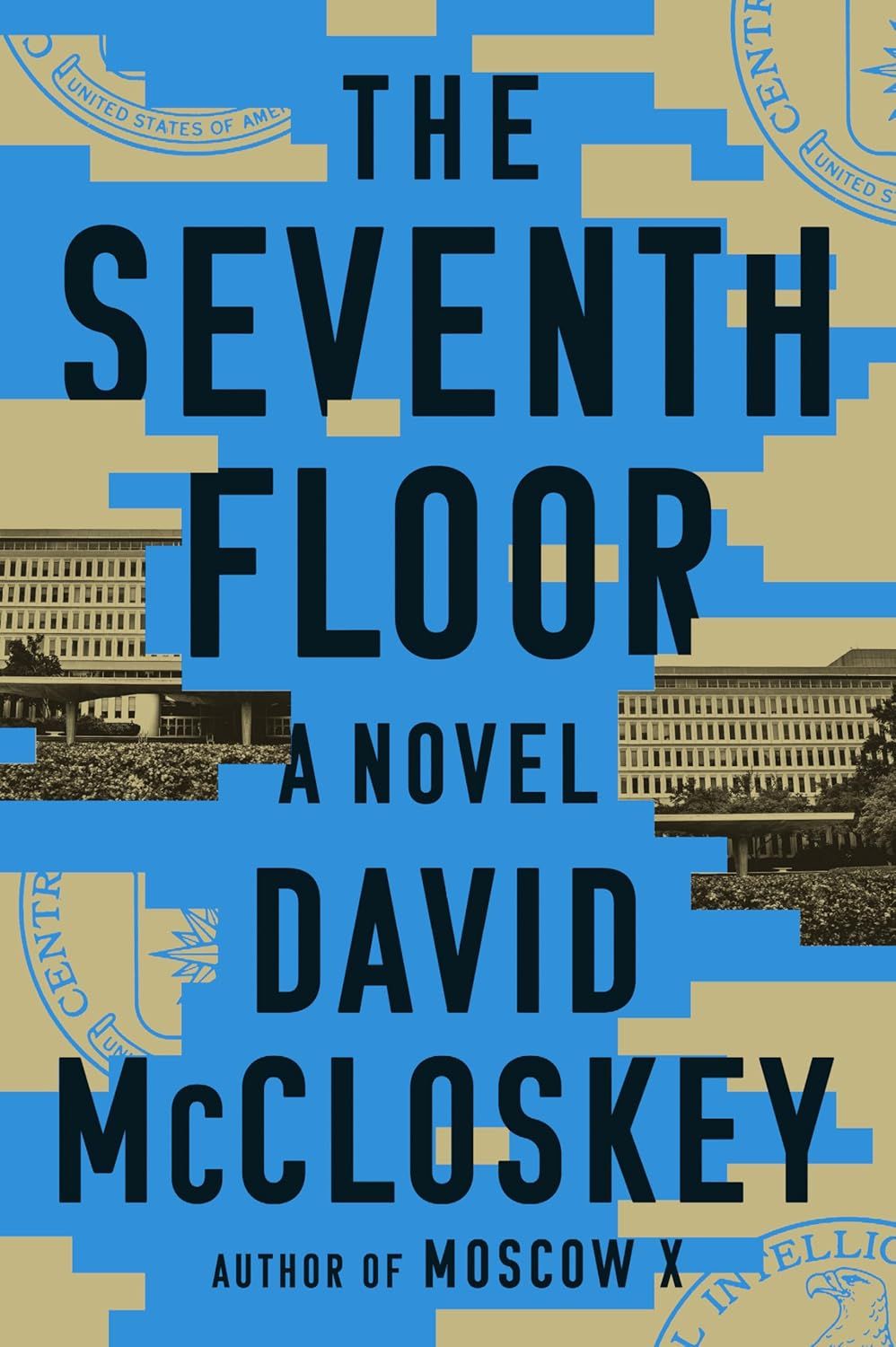
-
https://c.media-amazon.com/images/I/810stFXOyAL._SL1500_.jpg
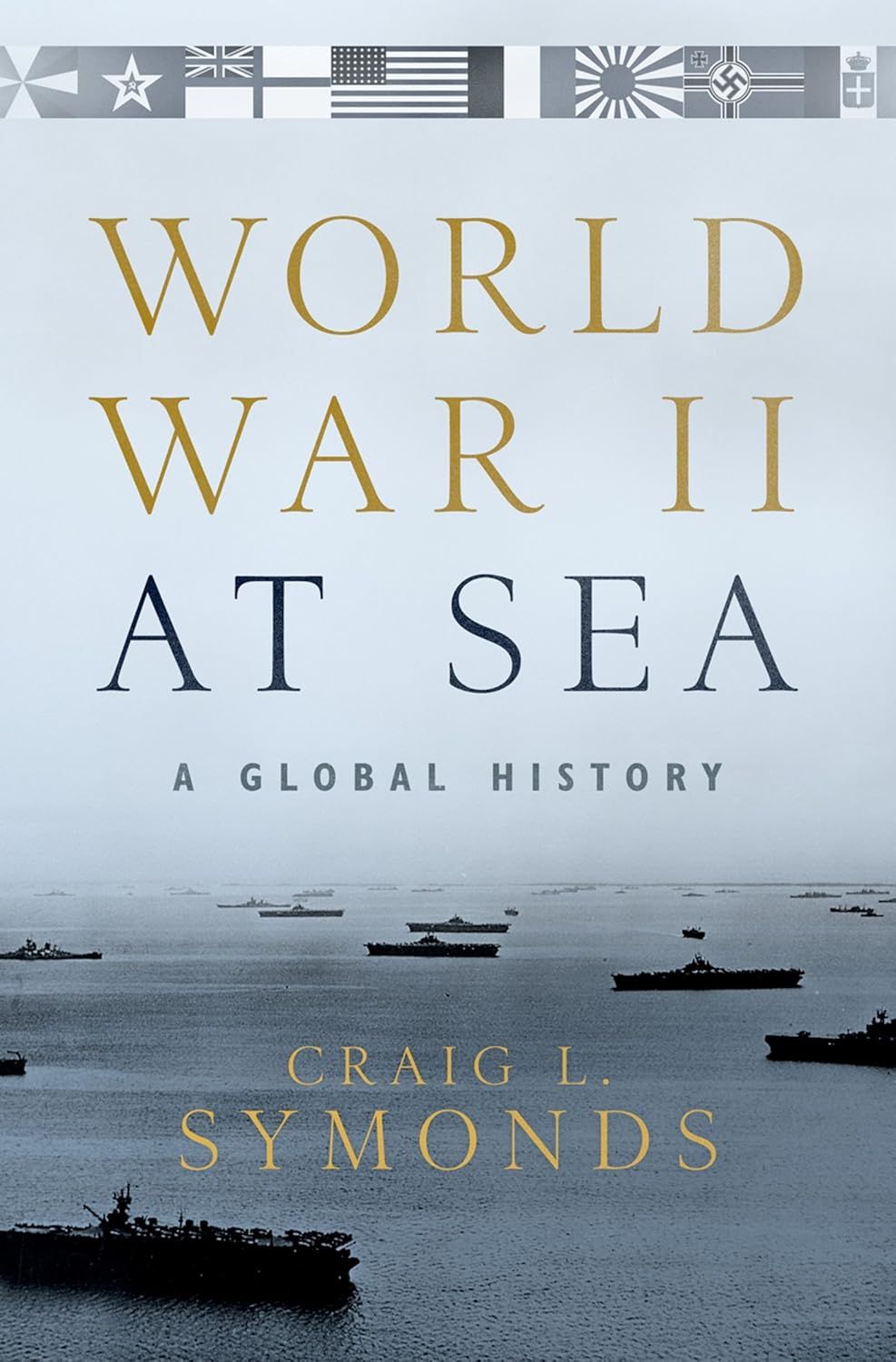
800 pages of WWII naval history. Love it.
@bachophile said in What are you reading now?:
https://c.media-amazon.com/images/I/810stFXOyAL._SL1500_.jpg

800 pages of WWII naval history. Love it.
Finished.
Absolutely the best work on naval WWII I’ve ever come across and I’ve tried a few.
It’s all encompassing but very readable.
-
I have been reading the Sean Duffy detective stories by Adrian McKinty. I have read four of them so far. All were quite good. Very atmospheric.
Below is the summary of the first book. Kind of reminds me of the LA detective series,
@George-K may like this
Northern Ireland, spring 1981. Hunger strikes, riots, power cuts, a homophobic serial killer with a penchant for opera, and a young woman's suicide that may yet turn out to be murder: on the surface, the events are unconnected, but then things--and people--aren't always what they seem. Detective Sergeant Duffy is the man tasked with trying to get to the bottom of it all. It's no easy job--especially when it turns out that one of the victims was involved in the IRA but was last seen discussing business with someone from the loyalist Ulster Volunteer Force. Add to this the fact that, as a Catholic policeman, it doesn't matter which side he's on, because nobody trusts him, and Sergeant Duffy really is in a no-win situation. Fast-paced, evocative, and brutal, The Cold Cold Ground is a brilliant depiction of Belfast at the height of the Troubles--and of a cop treading a thin, thin line.

-
-
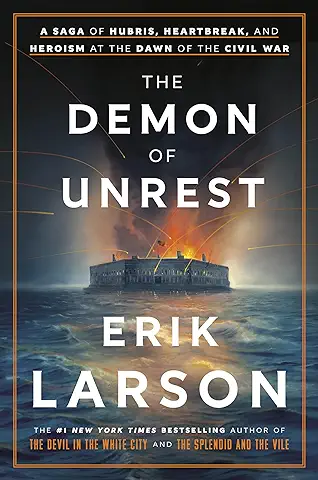
I'm enjoying this book more than I thought I would, having read more than a few books regarding the Civil War. One has to admire the way people wrote back then. I'm listening to the audiobook version - and found myself chuckling while on my run.One quote I liked related to President Buchanan describing what would happen were he to relieve Major Anderson from his command of Fort Sumter, that when he left Washington and returned home, "the way would be lighted by his burning effigies."
-

I'm enjoying this book more than I thought I would, having read more than a few books regarding the Civil War. One has to admire the way people wrote back then. I'm listening to the audiobook version - and found myself chuckling while on my run.One quote I liked related to President Buchanan describing what would happen were he to relieve Major Anderson from his command of Fort Sumter, that when he left Washington and returned home, "the way would be lighted by his burning effigies."
